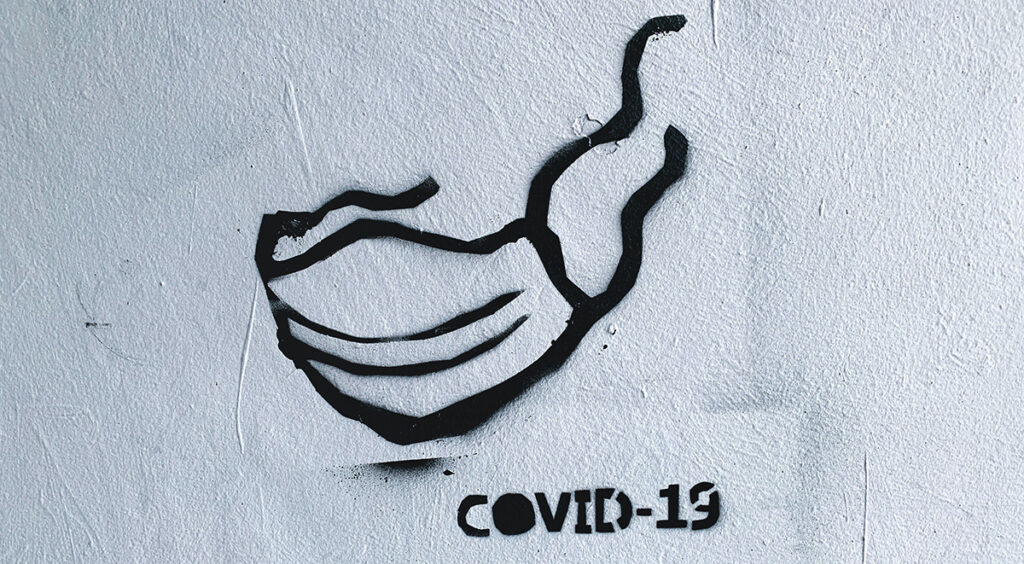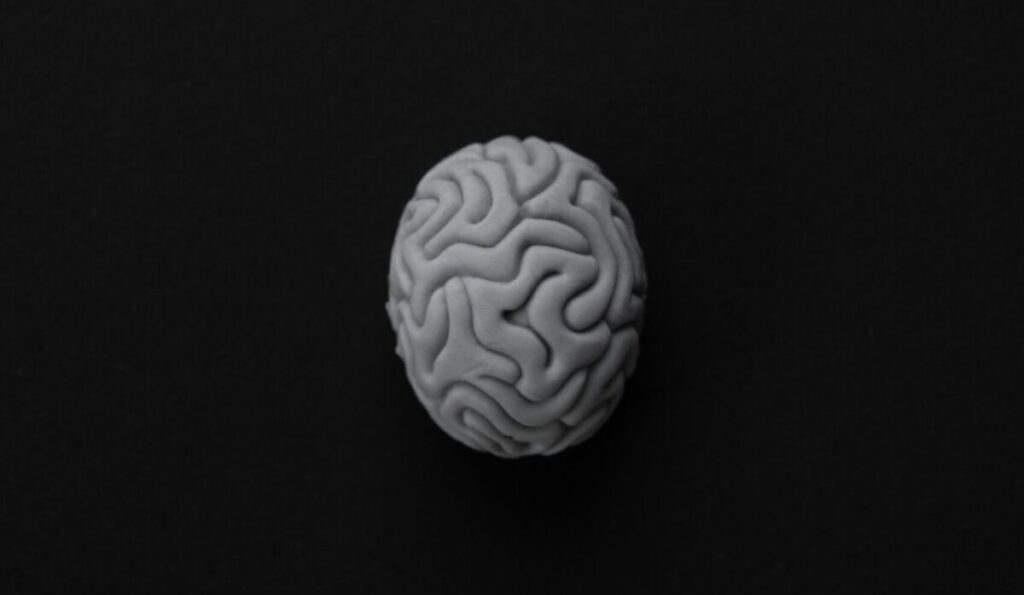
I’m having a lot of anxiety because of the coronavirus.
Please help.
It’s hard to sift through the messages and information coming at us.
Worse, the “unknown unknown” (not knowing what you don’t even know) can cause even greater anxiety for those of us who are panic-prone.
What you can do
- Remember that knowledge is power. Understanding the factors that affect a person’s immune response to COVID-19 will matter as much as, or more than, understanding the virus! Poor lung health caused by smoking, lack of adequate health care, suppressed immune systems, and/or populations particularly susceptible to infectious diseases, such as the elderly, have been particularly affected by COVID-19.
- Don’t accept everything you read or hear. Look beyond rhetoric and arm yourself with information. Centers for Disease Control and Prevention (CDC) provides information and frequent updates on the COVID-19’s spread, severity, risk assessment, etc. To subscribe to the CDC’s email and text message service, visit CDC Subscription Service.
- Get your emotional support system in place:
- Maintain familiar routines in daily life as much as possible; take care of your basic needs and employ helpful coping strategies:
- Rest during work or between shifts, eat healthy food and engage in physical activity.
- Stay connected with others and maintain your social networks:
- Have the emails and phone numbers of close friends and family at your fingertips.
- Stay connected via email, social media, video conference and telephone.
- Contact the SAMHSA Disaster Distress Helpline (800) 985- 5990 that provides 24/7, 365-day-a- year crisis counseling and support to people experiencing emotional distress related to natural or human-caused disasters.
- Have the number of several Warmlines (emotional support hotlines) at your fingertips.
- Call the NAMI HelpLine at 800-950-NAMI (6264) Monday through Friday, between 10:00 am and 6:00 pm EST for mental health resources.
NAMI HelpLine
Monday-Friday, 10:00 a.m. to 6:00 p.m., EST
(800) 950-6264
- National Mental Health Consumer’s Self-Help Clearinghouse is a nationwide directory to locate local consumer-driven mental health services, including resources such as Clubhouses, crisis prevention/respite services, drop-in Centers, employment resources, housing, peer case management and support. The website maintains search function for directory of local CDS (consumerdriven services).
- Take control and incorporate preventative measures
- Wash your hands. See the CDC’s list of preventative measures.
- Avoid watching, reading or listening to news reports that cause you to feel anxious or distressed. A near-constant stream of news reports can cause anyone to feel anxious or distressed. Instead, seek CDC updates and practical guidelines at specific times during the day.
- Be supportive to others. Assisting others in their time of need can benefit the person receiving support as well as the helper.
I’m quarantined or working from home – lonely and isolated even further – what can I do?
What you can do while working from home
- To help overcome uncertainty, normality and routine that mirrors life’s daily patterns and practices can be helpful. If working from home, we encourage you to create a structured, dedicated work environment and build in self-care as well as daily benchmarks of achievement.
- Structure and routine may be helpful for people with mental health vulnerabilities, especially during times of uncertainty. We encourage you to maintain a regular routine with the work hours that are usually worked, including keeping up with morning rituals. Dressing in regular work attire and taking regular breaks, including lunch time, may also be helpful.
- Research tells us that seven percent of communication is accomplished through our words, including email. 38 percent is voice and a staggering 55 percent is body language and visual. For people with mental health vulnerabilities, and even for those with extroverted personalities, the lack of face time can be challenging. Using technology to simulate this can offer a solution to bridging this gap. Be mindful of opportunities to integrate video into your conversations with colleagues. Consider using the video function on Skype or Teams for internal and external meetings.
NAMI HelpLine
Monday-Friday, 10:00 a.m. to 6:00 p.m., EST
(800) 950-6264
What you can do to get support
Also, there are numerous online support communities and emotional support hotlines to help you if you are quarantined:
Building Resilience
- Visit the CDC’s page on Stigma and Resilience that discusses COVID-19’s impact on mental health, and how we can reject stigma and build resilience during this time.
- American Psychological Association offers an excellent online resource called the “Road to Resilience,” a step-by-step guide that helps individuals develop a personal strategy for enhancing resilience.
Finding Phone Support
A warmline is a confidential, non-crisis emotional support telephone hotline staffed by peer volunteers who are in recovery. Callers will find an empathetic listener to talk through their feelings. To find a warmline that serves your area, visit the NAMI HelpLine Warmline Directory on the NAMI Resource Library page.
Finding Online Support Communities
- NAMI hosts online communities where people exchange support and encouragement. These Discussion Groups can easily be joined by visiting www.nami.org.
- 7 Cups: www.7cups.com
- Free online text chat with a trained listener for emotional support and counseling. Also offers fee- for-service online therapy with a licensed mental health professional. Service/website also offered in Spanish.
- Emotions Anonymous: www.emotionsanonymous.org
- An international fellowship of people who desire to have a better sense of emotional well-being. EA members have in person and online weekly meetings available in more than 30 countries with 600 active groups worldwide. The EA is nonprofessional and can be a complement to therapy.
- Support Group Central: www.supportgroupscentral.com
- Offers virtual support groups on numerous mental health conditions – free or low-cost. Website also offered in Spanish.
NAMI HelpLine
Monday-Friday, 10:00 a.m. to 6:00 p.m., EST
(800) 950-6264
- TheTribe Wellness Community: www.support.therapytribe.com
- Free, online peer support groups offering members facing mental health challenges and/or difficult family dynamics a safe place to connect. Support groups include Addiction, Anxiety, Depression,
- HIV/AIDS, LGBT, Marriage/Family, OCD and Teens.
- com: https://online.supportgroups.com/
- Website featuring 200+ online support groups.
- For Like Minds: www.forlikeminds.com
- Online mental health support network that allows for individuals to connect with others who are living with or supporting someone with mental health conditions, substance use disorders, and stressful life events.
- 18percent: www.18percent.org
- Offers a free, peer-to-peer online support community for those struggling with a wide range of mental health issues.
- Psych Central: www.psychcentral.com
- Offers online mental health resources, quizzes, news, an “Ask the Therapist” function, and online support communities.
I don’t have health insurance or a regular doctor – how can I get care? Having health insurance is essential for people with mental health conditions to get the right care at the right time. We recommend you buy safely by going to www.healthcare.gov to see if you qualify for affordable options:
- All health plans offered through HealthCare.gov must cover mental health and substance use services at the same level as other health conditions.
- Even if open enrollment is over for the year, healthcare.gov will see if you can enroll in commercial insurance because of certain qualifications. It will also see if you qualify for Medicaid, which you can enroll in at any time.
When evaluating health plan options, consider these four things:
- Affordability. Compare not only monthly premiums, but also deductibles, co-pays and/or co-insurance, which affect your costs if you use services;
- Availability of health professionals. Check to see if your mental health professional(s) and other health care providers are in a health plan’s network. If they are not, find out if the insurance plan will pay for out-of-network providers—and how much they will cover;
- Coverage of prescription medications. Find a plan that covers any medication(s) you need to maintain your wellness; and
NAMI HelpLine
Monday-Friday, 10:00 a.m. to 6:00 p.m., EST
(800) 950-6264
- Limits on mental health office visits. Check to see if a plan has limits on office visits. Also consider differences in inpatient and outpatient coverage.
If you can’t get insurance or need treatment right away:
In an emergency, all emergency departments that participate in Medicare (which is most hospitals in the United States) must see you, regardless of your ability to pay. Federally funded health centers provide care regardless of insurance coverage or income. Many of these centers include mental health services. Find a federally funded health center near you at https://findahealthcenter.hrsa.gov/.
National Association of Free & Charitable Clinics at https://www.nafcclinics.org/ offers a Find A Clinic function on its website.
For resources on medical/non-mental health (children’s health care, dental care, eye care, women’s health), the Free Clinic Directory at https://freeclinicdirectory.org/ offers a free clinic treatment locater by zip code.
Helpwhenyouneedit.org and www.211.org allow you to conduct a zip-code-based search for local resources including affordable medical and mental health clinics, housing, food, heating assistance, etc. In many places, you can also dial 211 from your phone to access information on local resources.
What if I’m quarantined and can’t get my medication? Will there be a shortage? You can ask your health care provider about getting a 90-day supply vs. a 60- or
30-day supply. If this is not possible, or if health care providers deny/decline making accommodations, challenge the decisions at least three times. Decision- makers on making health plan adjustments may change if/as conditions worsen.
Keep in mind that many cold/flu medications should not be taken along with antipsychotics and/or antidepressants. Please consult your pharmacist or prescribing health care professional for any potential medication contraindications.


